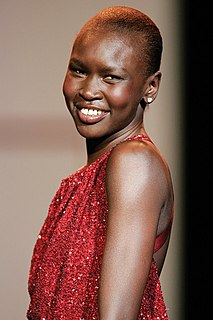A Quote by Pooja Hegde
I come from a middle-class South Indian family, and we speak Tulu at home. I never led a lavish life, and I have my feet on the ground.
Related Quotes
I had an Indian face, but I never saw it as Indian, in part because in America the Indian was dead. The Indian had been killed in cowboy movies, or was playing bingo in Oklahoma. Also, in my middle-class Mexican family indio was a bad word, one my parents shy away from to this day. That's one of the reasons, of course, why I always insist, in my bratty way, on saying, Soy indio! - "I am an Indian!"
When I grew up, I realised what an amazing thing my parents did. It was such a big deal for my mom, a middle class woman, to decide to leave her children and husband to go and do her Ph.D. for three years. And my dad, who is even more middle class, a traditional South Indian, to let his wife do that.
By default, we have created a "system" of nursing-home care for the aged in which middle-class people pay exorbitant rates to for-profit nursing-home entrepreneurs - and then when private resources are consumed and the patient qualifies as a pauper, the nursing home begins billing Medicaid. This is precisely the antithesis of social citizenship; instead of the poor being accorded the dignity associated with the middle class, equality of treatment is achieved by making the middle class undergo pauperization.
The size of the U.S. middle class has been shrinking. Wages have been stagnant. We don't have those factory jobs that paid a living wage and enabled a family to have a home where the wife did not have to work. But we sent our factories abroad and there is no likelihood of getting them back. Equally worrisome is that some managerial jobs and professional jobs (such as lawyers) which support middle class life are threatened by automation.









































